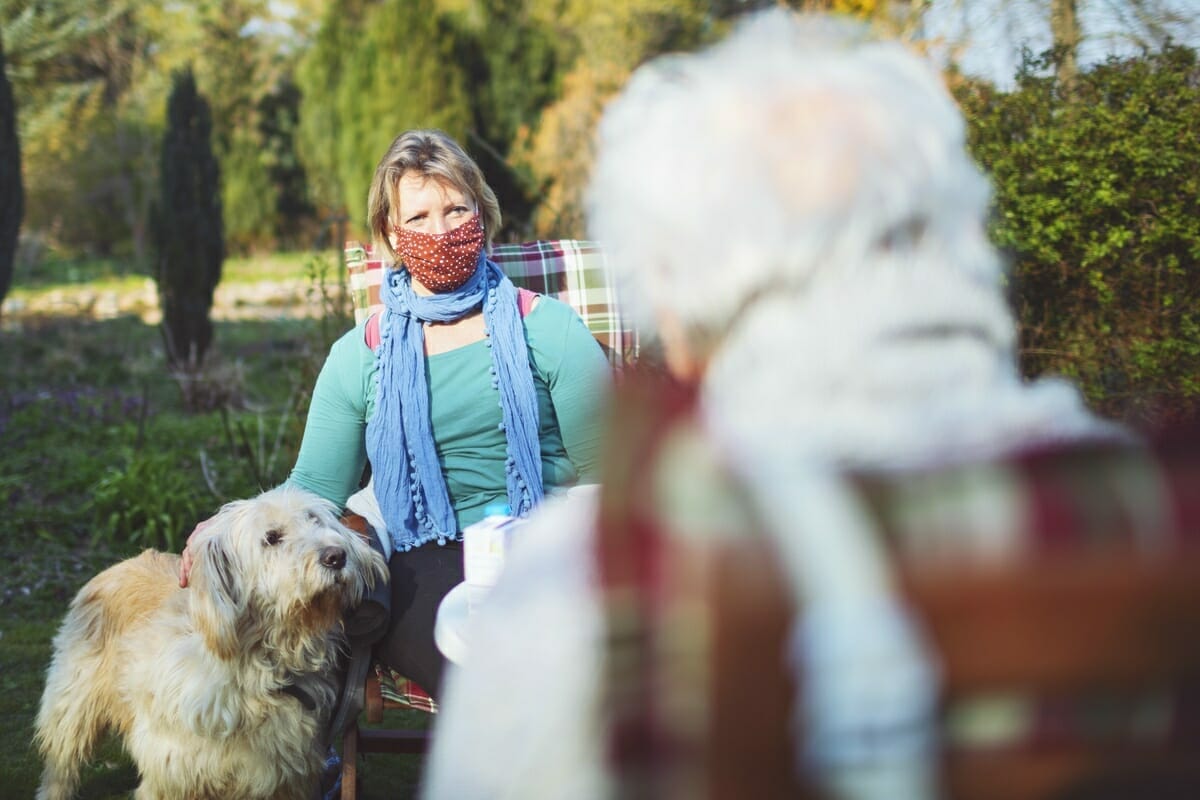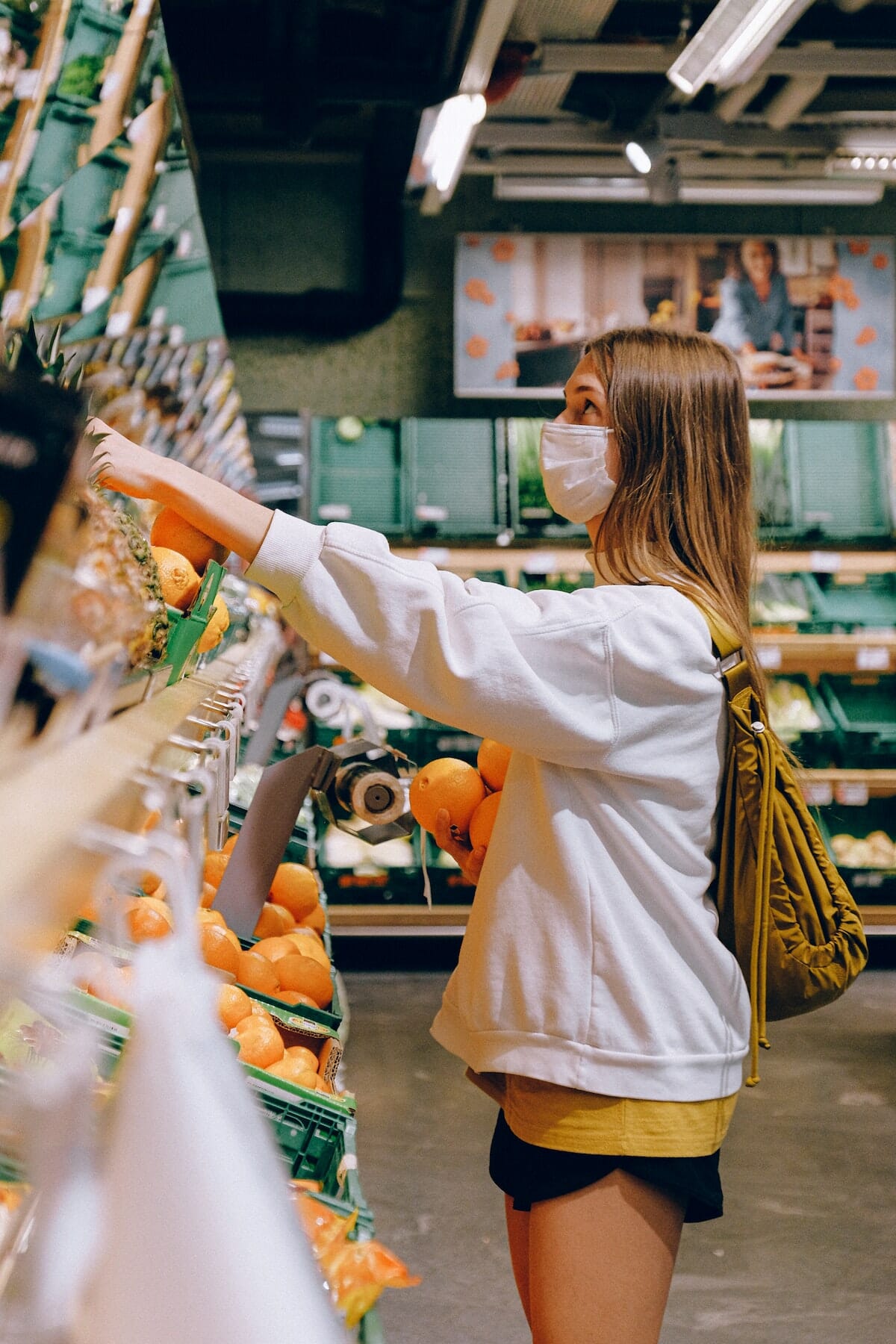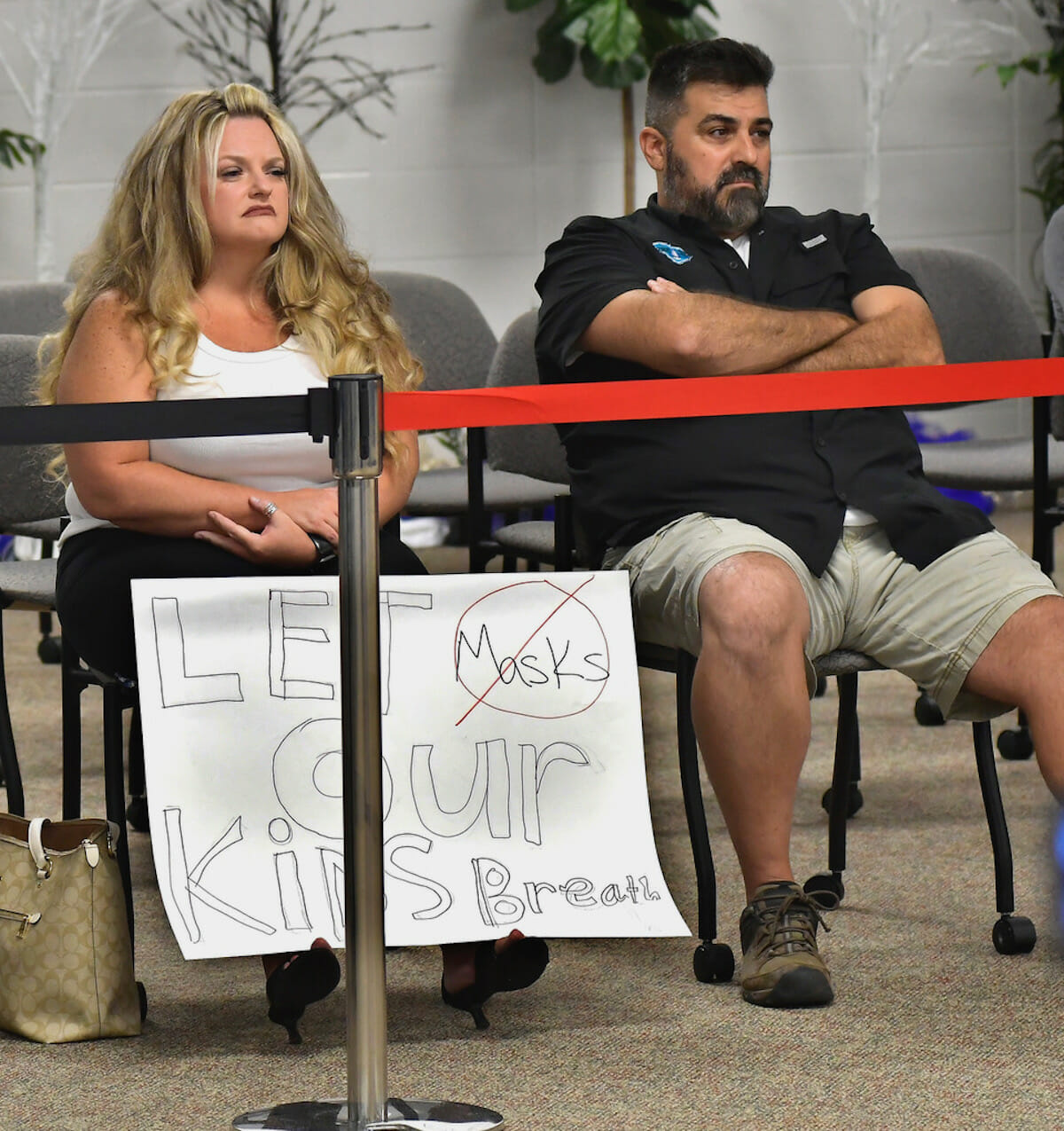Special to The Island News
Eight in 10 reported deaths linked to COVID-19 in the U.S. have been in adults 65 years and older, according to the Centers for Disease Control and Prevention.
“Older adults are often more vulnerable to severe illness associated with respiratory infection, whether due to underlying health conditions or age-related changes in immune response,” Beaufort Memorial board-certified internist Robert Vyge, M.D. said. “If you’re a caregiver or have an older relative who lives at home, the most important thing you can do is prevent COVID-19 from entering your home, so family members don’t spread the disease to older adults.”
Vyge offered these guidelines when dealing with older adults:
Disinfect regularly. Clean commonly touched items and surfaces in your home that could contain harmful bacteria and viruses. Then disinfect them using an Environmental Protection Agency (EPA)-registered disinfectant, a 70 percent alcohol solution or bleach diluted in water (4 teaspoons per quart of water).
Minimize interactions with children. Children in your household could have milder symptoms of the virus than adults, and they may not even seem to be sick. Limit the time your child spends with older relatives. And family members who would typically visit in person can use technology to keep in touch.
Limit nonessential errands and trips. COVID-19 spreads primarily through person-to-person encounters. Staying home as much as possible reduces your risk of contracting the virus from others and passing it along. When you do need to go out, leave your older family member at home.
Wash your hands regularly. Scrub with soap and water for at least 20 seconds. Wash your hands as often as possible, especially before caring for an older relative.
Cover coughs and sneezes. Most COVID-19 infections begin in the respiratory system. Droplets can easily infect others nearby. Cough or sneeze into your elbow, or cover your nose or mouth with a tissue, then throw the tissue away and wash your hands immediately.
Wear a face mask. Help prevent spreading the virus by wearing a face mask when and let others know to maintain distance.
“While the virus that causes COVID-19 seems to spread more quickly from symptomatic patients, it can also be spread from asymptomatic people,” said Vyge, who sees patients at Lady’s Island Internal Medicine. “As a result, precautions like social distancing and using a facemask are even more crucial when you are in the same room as an elderly person.”
I’m sick — now what?
If you or a member of the household gets sick, your health care provider may recommend recovering at home.
“With an infected person in the household, you’ll need to take extra steps to keep older family members safe,” said Vyge. Among his suggestions:
Designate a sick room and bathroom. Keep other family members healthy by confining the sick person to one specific room and bathroom. Older relatives should stay out of those rooms.
Keep your distance. While we may want to be physically close to our loved ones, staying at least 6 feet apart could reduce their chance of getting sick.
Ventilate the house. Open a window, if possible, and keep fresh air flowing.






